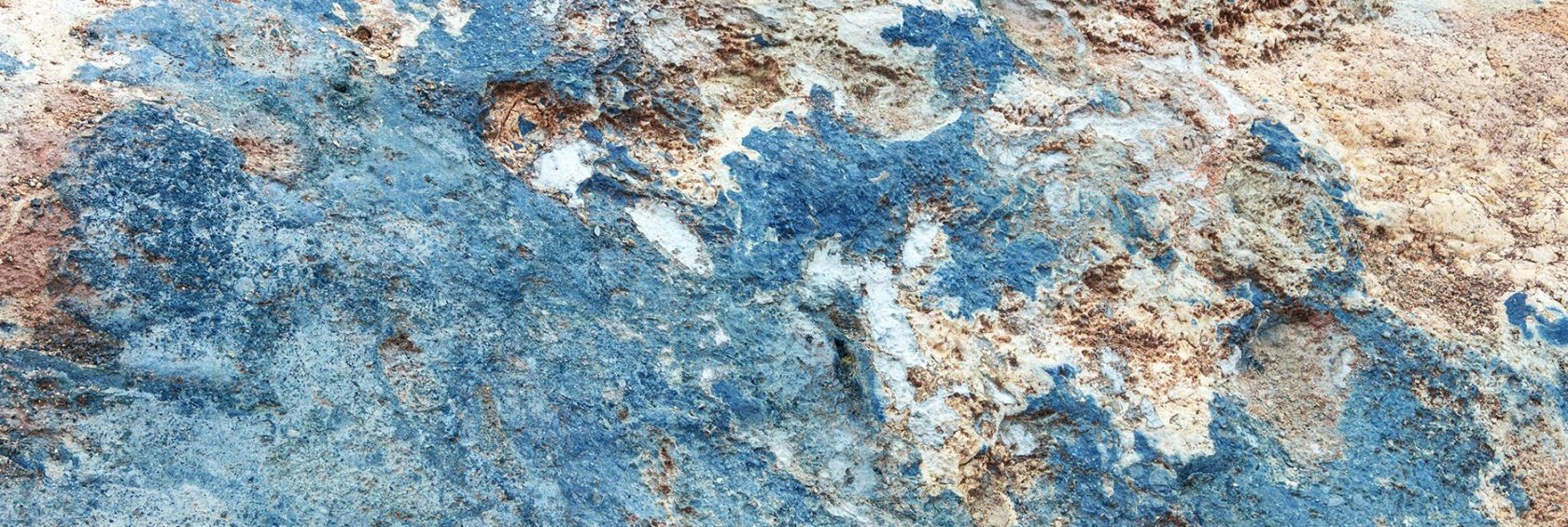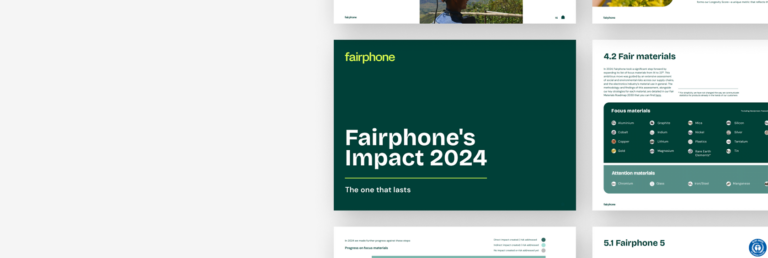Cobalt mining: It’s time to face the facts and invest in making improvements
This week, US-based human rights firm International Rights Advocates filed a lawsuit accusing major international manufacturers of profiting from the labor of children working in dangerous, and sometimes deadly, conditions in cobalt mines in the Democratic Republic of the Congo (DRC). An article in the Guardian summarizes the scope of the problem and its underlying causes, saying, “The insatiable demand for cobalt, driven by desire for cheap handheld technology, has tripled in the past five years and is expected to double again by the end of 2020. More than 60% of cobalt originates in DRC, one of the poorest and most unstable countries in the world.”
The issues addressed in the lawsuit are indeed critical, and it is great that there is an increasing awareness of these problems. However, this situation is quite complex and one of the major risks is that companies will be incentivized to stop engaging with artisanal mines. Instead of turning away from these mines and countries, it’s important to continue and increase investments in improvements.
At Fairphone, we are well aware that human rights abuses routinely occur in the ASM mining sector, especially in the DRC and neighboring countries. Up to 20% of the cobalt mining in the DRC falls under the category of artisanal and small-scale mining (ASM), which is extremely informal, non-industrialized and often lacking even the most basic health and safety measures. Because of the current mining, trading and smelting processes in materials supply chains, at the moment, it’s impossible for companies to ensure that irresponsibly sourced materials don’t end up in their products.
The first step to remedying these issues is for everyone in our industry to acknowledge that this is actually happening. Only once we start being transparent about the problems in cobalt mining, and stop pretending that they don’t exist, can we work together towards a solution. We need to admit that this cobalt may be integrated into our supply chains, whether we like it or not. And as manufacturer with a social mission, we are intentionally facing the fact that these issues definitely occur in our supply chain as well.
ASM mining might be problematic on many levels, but it also provides a desperately needed source of income to local communities that have few other economic alternatives. The worst possible outcome is that companies or governments try to ban the use of ASM materials from the DRC entirely. History has shown that this will only result in a negative spiral of even lower incomes, increased informal mining practices and more child labor – similar to the situation with conflict minerals.
At the same time, we should all recognize that these issues won’t be solved overnight. You can’t simply ban child labor and unsafe mining practices and expect them to magically disappear. We need to take a wider view and understand how these issues are connected to much larger circumstances that leave people with no alternatives besides working in ASM mining.
Together, we must find a new approach that allows for the gradual improvement of these mines, while all the same time addressing related issues in the surrounding communities. This includes everything from protective equipment for miners and machinery like excavators to ensure tunnels don’t go dangerously deep, to paying decent wages that allow parents to send their children to school. It also means supporting economic opportunities that give people alternative job prospects.
Changes like these will take time and serious investment, and will require the involvement and collaboration of governments and civil society, as well as the companies using these materials. In other words, to see real improvements, it’s up to us – the industry and the brands – to be co-investors in positive change. Because the whole supply chain needs to work together to enable this – as end users, we need to be willing to buy the material from these mines if we expect anyone to invest in improving mining conditions.
Some of the players in our sector are already stepping up. For example, Huayou has heavily invested in ASM improvements in recent years, and has just committed – in partnership with us – to three more years of ASM investments. From our side, we have agreed to use these materials, as long as we see continuous improvements taking place.
In the end, we want to be part of the solution. We know that it’s impossible to solve problems like these quickly, but we also know that if we take the issues seriously and work together, we all have the opportunity to make a difference.



